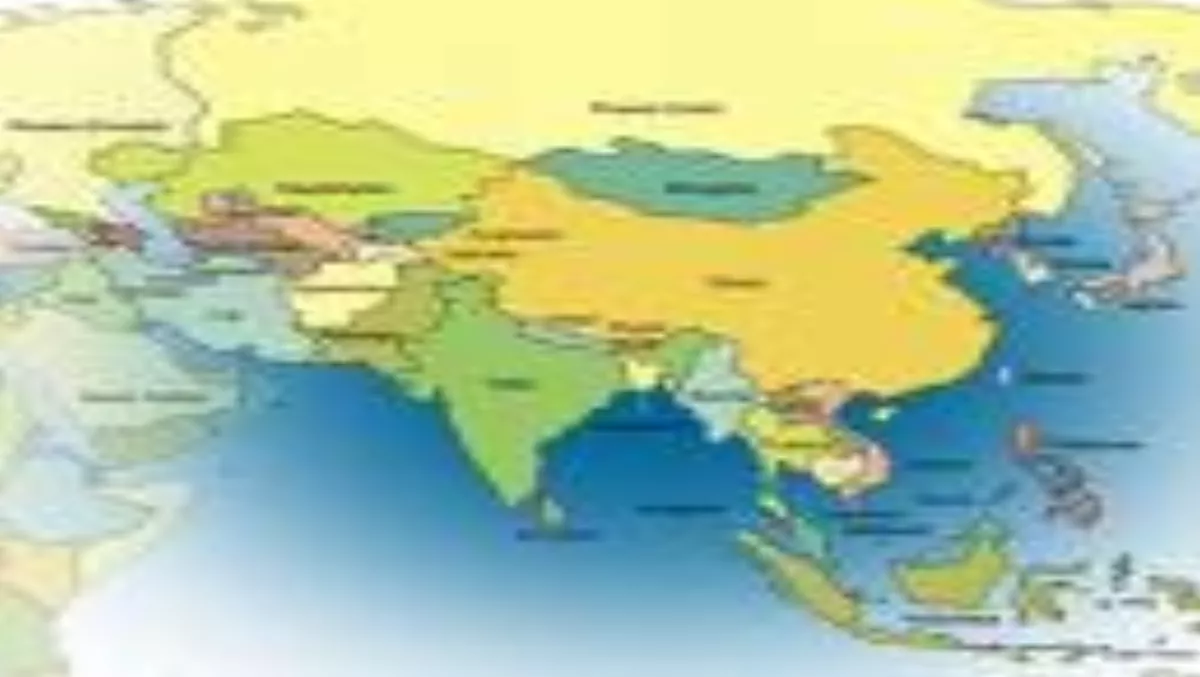
Offshoring - get used to it New Zealand
Wallace’s controversial comments infavour of offshoring were made during her presentation of the callcentres.net’s 2009 survey at the Contact Centre Institute of New Zealand (CCiNZ) conference. The survey is considered the gold-standard for research about the contact centre industry in this country. She says fear about moving contact centre jobs to Asian countries is rooted in the New Zealand and Australian psyche and that offshoring can be beneficial both our economies. "The emotion around it is part of our sociological history about protectionism - fear about Asia and fear about work moving away,” she says. "But it’s a very dated and very old mindset. There is now strong evidence, particularly from countries such as the US, that offshoring returns a greater benefit to the economy then keeping transactional, low value work on-shore.” Research shows that 75% of New Zealanders and Australians "vehemently dislike speaking to a person who has an accent who is off shore.” But the reality is they will have to get used to it, because offshoring will continue. The biggest movement in offshoring is the shift from India to the Philippines as a desirable location for voice-based work. Wallace says this suits Kiwis better, as the Filipino accent is easier to understand. "There is millions and billions of investment dollars going into countries like the Philippines in their technology and their training and their accent neutralising programmes for agents,” she says. In what is a highly politicised issue, her support for offshoring runs counter to industry leaders both here and across the Tasman. In Australia Senator Steve Fielding is proposing anti-offshoring legislation in the form of a ‘Keeping Jobs From Going Offshore Bill’ - a move Wallace labels as "ridiculous”. She points out that it is only one component of contact centre work which being offshored - the low-volume transactional work that most New Zealanders don’t want to do. In the latest callcentres.net survey just 13% of contact centres work here was outsourced and, of that, only 10% was offshored. "What we’re trying to do is to keep the work here that has a high level of sophistication and complexity and relationship based interactivity,” she says. "Make it (contact centre work) a higher value job, a higher value return for the company that’s doing the work here, so there’s benefits all around.” She admits it’s easier to make that argument during economic prosperity, but even in a recession New Zealand workers displaced by offshoring can retrain for other work. At Telecom's annual results last month Head of Retail Alan Gourdie told TR the company was reducing its contact centre seats from over 2000 to 1900 and that it planned to base 400 roles in the Philippines. He says the move offshore saved Telecom $5 million in the past financial year. Services which Telecom will retain in New Zealand include the 123 helpline and faults service. Meanwhile Wallace says that offshoring to Asia has improved the circumstances for women in these countries, who might otherwise live in poverty. "It is empowering young women to be educated, to make decision of their own and to be financially independent.” Wallace will take part in a conference about offshoring in Sydney in December that will involve developmental agencies, the women’s movement, the contact centre industry and outsourced providers.

